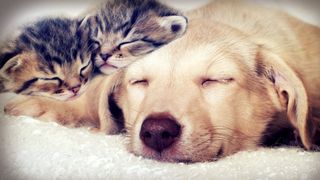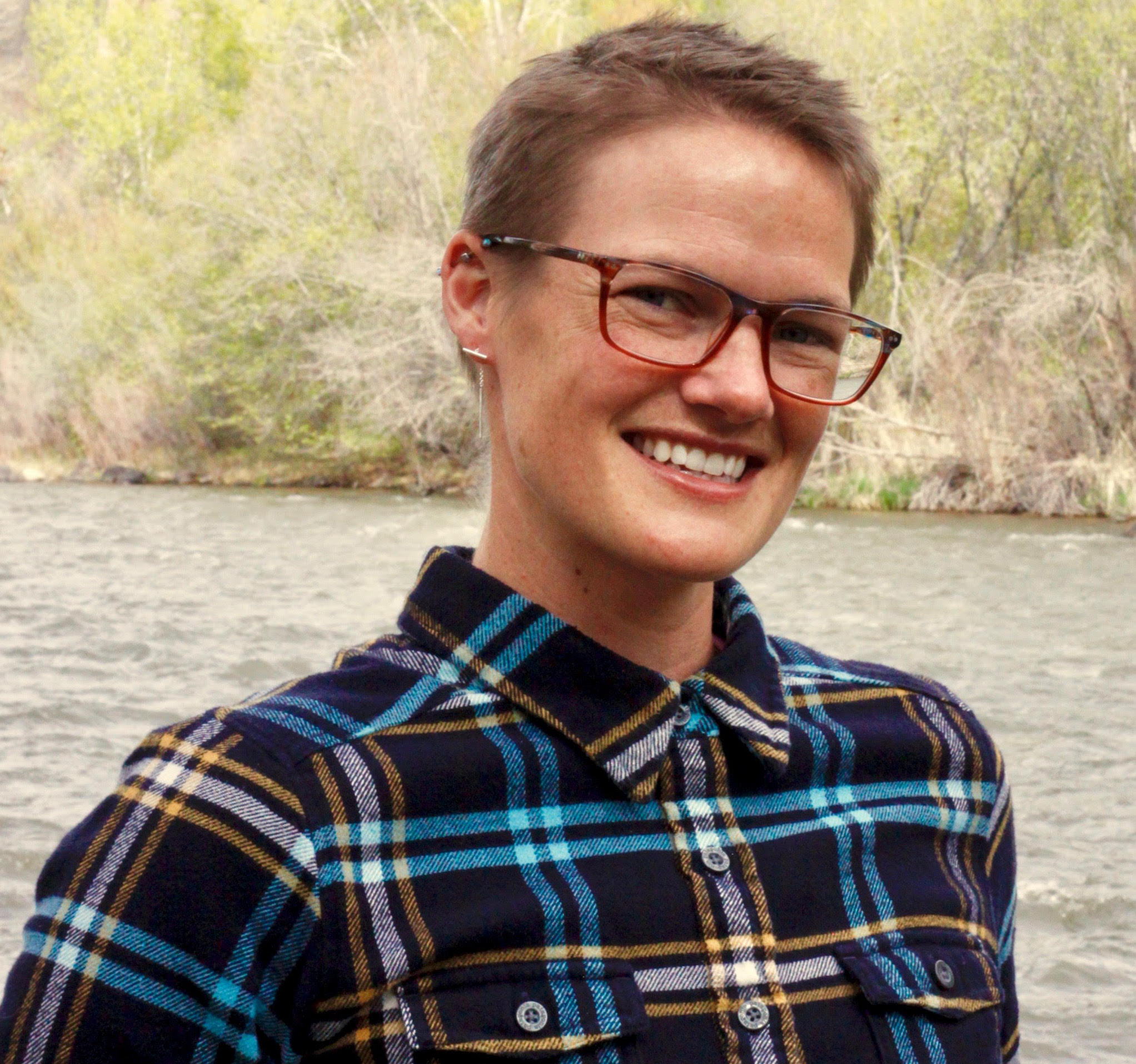
Why do some animals sleep so much?
House cats sleep a lot. Wild elephants, way less.

A dog snoring away the afternoon on the living room floor. Walruses snoozing belly-up on a beach. Lions sprawled out on the Serengeti. A hippo dozing on a mudbank.
These slumberous scenes may make folks wonder why these other mammals seem to be getting so much more sleep than humans. Do they actually need more sleep? Are they just sleeping because they can? Should humans be sleeping more, too?
Be prepared for a surprising and fascinating answer to these questions:
Nobody knows.
Related: Can any animal survive without sleep?
Though constantly studied, sleep is one of the great mysteries modern science hasn't completely cracked. "We really don't know what sleep is for," Dr. David Raizen, associate professor of neurology at the University of Pennsylvania's Perelman School of Medicine, told Live Science.
Raizen said scientists have identified relationships between sleep and animal function — certain kinds of sleep can increase a critter's ability to fight off illness or consolidate memories. Yet these associations don't necessarily describe the ultimate purpose of sleep and can be misleading.
Sign up for the Live Science daily newsletter now
Get the world’s most fascinating discoveries delivered straight to your inbox.
"A brown bat that sleeps 20 hours a day you'd think would be a genius," Raizen said, speaking to the idea that sleep is meant to serve learning and memory. Likewise, a 2017 study published in the journal PLOS One found that elephants sleep for an average of only two hours a night, but it's known elephants are intelligent animals with very good memories.
"This difference in sleep amounts has been used for arguments against a core function of sleep," Raizen said. How could sleep be so important if an animal like an elephant is perfectly functional with only two hours while a typical human needs quadruple that?
But Raizen thinks sleep does serve a core function, though an as-of-yet poorly understood one. Sleep has been observed in every animal ever studied by science, Raizen said, making it as universal across lifeforms as energy intake. Studies have also shown that various animals' bodies begin to break down if they're continuously sleep deprived, suggesting sleep is essential.
So if it's essential, why isn't more always better and the amount always similar, particularly across closely-related animals, like mammals?
One idea is that sleep in mammals has to do with body size and diet, according to a 2005 study in the journal Nature. Across many studies of mammalian sleep, scientists have observed that less sleep is correlated with larger body sizes, and this correlation is stronger and more extreme among herbivores than it is among carnivores.
A reason for this may be that the larger an animal is, the more calories it needs, and the more time it needs to spend eating. Herbivores tend to rely on food that is far less calorie-dense than the food carnivores eat so need to gulp down much more. This could partly explain why an elephant may have evolved to survive on only two hours a day, Raizen said.
However, the matter is far from settled. Sleep is complex, hard to measure in wild animals and even harder to interpret.
Along those lines, it's important to remember that some differences in observed sleep might not be what they seem. Just because a house cat sleeps for 18 hours a day doesn't mean it needs all that sleep to function, Raizen said. Some sleep is probably a matter of convenience — done when it's not safe for an animal to be out and about, when food availability is low or simply because there's nothing else to do.
As for human sleep? Raizen said the most important thing is for people to listen to their bodies and get as much sleep as they feel they need — which is about eight hours for most folks but might be as few as five and as many as 11.
Originally published on Live Science.

Kelly is a writer, producer and Westerner who got her professional start as a whale biologist in New England. She has undergraduate degrees in English literature and ecology and evolutionary biology, and she holds master's degrees in science journalism and creative writing. Meanwhile, she makes wicked good nachos and wears cowboy boots.
Most Popular

